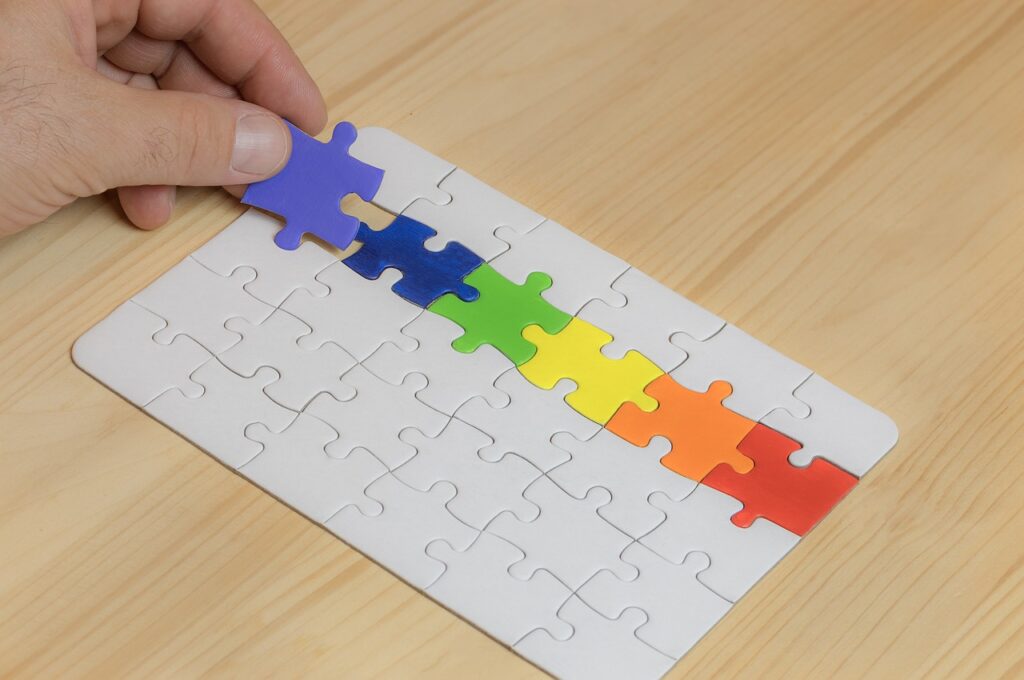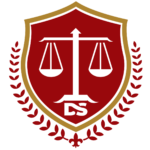Neurodiversity in Family Law: Ensuring Fair Access to Justice for All

The legal system must remain fair and accessible to all. However, neurodivergent individuals frequently encounter unique challenges while navigating family law proceedings. Without proper support, they struggle to participate fully. Understanding neurodiversity in family law allows everyone to present their case fairly.
This article explores the barriers neurodivergent individuals experience and the best practices to remove them. Additionally, it highlights how Dawn Solicitors provides essential legal guidance to ensure equal access to justice.
Key areas explored in this article
- Understanding Neurodiversity in Family Law.
- Challenges Neurodivergent Individuals Face in Neurodiversity in Family Law Cases.
- Best Practices for Legal Professionals in Family Cases.
- Legal Adjustments in Family Court for Neurodivergent Individuals in Neurodiversity in Family Law.
- How Dawn Solicitors Can Assist Neurodivergent Clients.
- Conclusion.
- FAQ’s.
Understanding Neurodiversity in Family Law
Neurodiversity describes the natural variations in how people think, process information, and communicate. This category includes conditions such as autism, ADHD, dyslexia, and dyspraxia.
In family law cases, neurodivergence affects communication, memory, emotional regulation, and participation. Without reasonable adjustments, individuals often struggle to navigate the legal process.
Courts must ensure equal access to justice for all individuals. Therefore, legal practitioners should adopt inclusive practices that support neurodivergent clients effectively.
Challenges Neurodivergent Individuals Face in Neurodiversity in Family Law Cases
Family court proceedings challenge everyone; however, they create even greater difficulties for neurodivergent individuals.
- Communication Barriers – Many individuals struggle with verbal communication; moreover, they often find it difficult to interpret non-verbal cues or process complex legal terms.
- Emotional Regulation – Courtroom settings often feel overwhelming; as a result, they increase anxiety, trigger shutdowns, or lead to emotional distress.
- Sensory Sensitivities – Bright lights, loud noises, and crowded spaces frequently cause discomfort; consequently, participation becomes challenging.
- Unfair Assessments – Judges and professionals unfamiliar with neurodivergence may misinterpret behaviors; therefore, biased outcomes may occur.
- Lack of Adjustments – Without proper accommodations, neurodivergent individuals cannot fully engage in their case; in turn, this affects their ability to present their position.
Legal professionals must actively address these barriers; otherwise, they risk undermining the fairness of proceedings.
Best Practices for Legal Professionals in Family Cases
To effectively promote inclusivity, legal professionals must proactively implement adjustments that are specifically tailored to their client’s needs. Not only do these changes ensure fair participation, but they also create a significantly more accessible legal system. Furthermore, making these adjustments helps to remove barriers that neurodivergent individuals frequently face in legal proceedings. As a result, they can fully engage with the justice system. Some highly effective practices include:
- Simplifying Legal Language – Legal professionals should always use clear and concise explanations so neurodivergent clients can fully understand their rights and options. Additionally, avoiding complex legal jargon helps prevent confusion.
- Allowing More Processing Time – Lawyers must provide clients with additional time to respond because it significantly improves communication accuracy. As a result, neurodivergent individuals can express their thoughts more effectively.
- Providing Alternative Communication Methods – Written, visual, or assistive technology enables clients to communicate their needs more clearly. Furthermore, offering different modes of communication ensures inclusivity.
- Adjusting Courtroom Environments – Small yet meaningful changes, such as reducing sensory distractions, help create a more comfortable setting. Consequently, clients can focus better and engage fully in legal proceedings.
- Using Intermediaries – Professionals trained in neurodivergence bridge communication gaps, allowing clients to comprehend legal matters with ease. Moreover, they provide essential support, ensuring active participation in cases.
By consistently applying these best practices, legal professionals not only support neurodivergent individuals but also uphold fairness in the legal system.
Legal Adjustments in Family Court for Neurodivergent Individuals in Neurodiversity in Family Law
The Family Court actively supports neurodivergent individuals by consistently implementing various mechanisms to ensure fairness for all parties.
- Reasonable Adjustments – Courts proactively make changes that help neurodivergent parties fully participate in proceedings.
- Use of Intermediaries – These professionals bridge communication gaps, ensuring that hearings remain fair and inclusive.
- Flexible Scheduling – Judges schedule hearings at optimal times and allow necessary breaks, which improves engagement.
- Alternative Evidence Formats – Courts accept written statements, pre-recorded evidence, or visual aids to make testimonies clearer and more accessible.
Legal representatives must advocate for these adjustments so their clients receive equal treatment and fair representation.
How Dawn Solicitors Can Assist Neurodivergent Clients
At Dawn Solicitors, we firmly believe in making justice accessible to everyone. Therefore, we provide tailored legal services to ensure that neurodivergent individuals receive the support they deserve.
Our dedicated legal team offers:
- Personalised Legal Advice – We clearly explain legal processes in a structured way, so clients fully understand their rights.
- Advocacy for Adjustments – We actively ensure that our clients receive the necessary court accommodations, making the process fairer.
- Support Throughout Proceedings – From case preparation to courtroom representation, we continuously guide our clients at every stage.
- Compassionate and Inclusive Approach – We prioritise understanding each client’s unique needs, ensuring they feel supported.
Because we are committed to inclusivity, our neurodivergent clients can confidently engage in family law proceedings without unnecessary barriers.
To contact a solicitor from our firm, simply call us at +44 1753 530 111 or send us an email on info@dawnsolicitors.com.
Conclusion
Neurodiversity in family law plays a crucial role in ensuring a fair justice system for everyone. However, without proper adjustments, neurodivergent individuals frequently encounter significant barriers in legal proceedings, making it harder for them to participate fully.
Therefore, courts and legal professionals must implement best practices to create a truly inclusive environment. At Dawn Solicitors, we actively provide tailored support so that every client not only understands the legal process but also receives fair and just treatment throughout their case.
If you or a loved one needs legal assistance in a family law matter, do not hesitate to contact Dawn Solicitors today. Our dedicated team is always ready to help and guide you every step of the way.

FAQ’s
Q.1 What legal rights do neurodivergent individuals have in family court?
Neurodivergent individuals deserve reasonable adjustments under the Equality Act 2010. Therefore, courts must implement necessary accommodations to ensure fair participation.
Q.2 How can a lawyer help a neurodivergent person in family law proceedings?
A lawyer actively advocates for adjustments, simplifies legal language, provides structured guidance, and ensures the client fully understands and engages in their case.
Related Links
- https://dawnsolicitors.co.uk/blogsandnews/
- https://www.nhs.uk/conditions/attention-deficit-hyperactivity-disorder-adhd/#:~:text=Attention%20deficit%20hyperactivity%20disorder%20(ADHD)%20is%20a%20condition%20that%20affects,and%20may%20act%20on%20impulse.
- https://www.nhs.uk/conditions/autism/
- https://www.nhs.uk/conditions/dyslexia/#:~:text=Dyslexia%20is%20a%20common%20learning,%2C%20intelligence%20isn’t%20affected.
- https://www.nhs.uk/conditions/developmental-coordination-disorder-dyspraxia-in-adults/#:~:text=Dyspraxia%2C%20also%20known%20as%20developmental,learning%20to%20drive%20a%20car.
- https://www.legislation.gov.uk/ukpga/2010/15/contents

